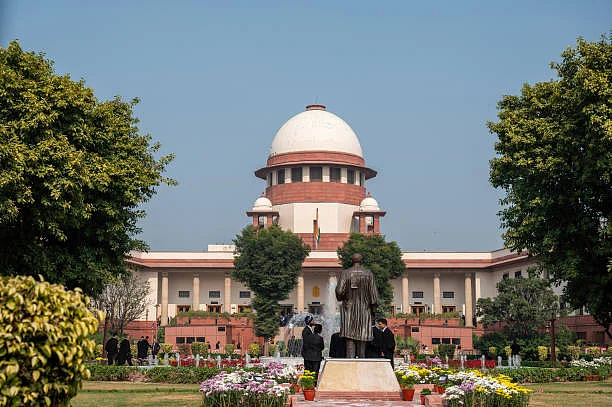The Supreme Court of India has ruled that calling a person 'Miyan-Tiyan' or 'Pakistani' is not an offence under "hurting religious sentiments,' but it is in poor taste.
This development comes after the top court discharged Hari Nandan Singh, who allegedly called a government servant "Pakistani" while they were on official government duty.
The accused had been charged under Section 298 of the Indian Penal Code which refers to "the deliberate act of hurting religious feelings through speech, gestures, sounds, or objects."
Dismissing the case against the accused, the top court bench of Justices BV Nagarathna and Satish Chandra Sharma aid - "Undoubtedly, the statements made are in poor taste. However, it does not amount to hurting the religious sentiments of the informant. Hence, we are of the opinion that the appellant shall also be discharged under Section 298 IPC."
The complainant - an Urdu translator and acting clerk under the RTI act, was hurled abuses at by the accused while delivering certain information to Singh based on an order.
Singh proceeded to hurl abuses at the clerk while referencing to his religion. As per a report by India Today, the acting clerk also stated that the accused used criminal force against him by intimidating and deterring him from carrying out his duties as a public servant.
Based on this, an FIR was registered under the Sections 298 (hurting religious sentiments), 504 (intentional insult to provoke breach of peace), 506 (criminal intimidation), 353 (assault or criminal force to deter a public servant from duty), and 323 (voluntarily causing hurt) of the Indian Penal Code.
The accused filed a plea for discharge at the Session Court and Rajasthan High Court, but was rejected, prompting him to file with the Supreme Court.














